After China's first "space fish farming" experiment yielded fruitful results, the "fish astronauts" are expected to embark on another journey to Tiangong Space Station this year to help scientists study the effects of the space environment on vertebrate muscle and bone development, Xinhua News Agency reported on Wednesday, citing the Technology and Engineering Center for Space Utilization, Chinese Academy of Sciences (CAS).
The "fish astronauts" will be the small tropical freshwater zebrafish, which shares over 70 percent of its genome with humans and serves as a crucial model organism in research areas such as life sciences, health sciences, and environmental sciences - earning them the nickname "the lab mice in water," explained Wang Gaohong, a researcher at the Institute of Hydrobiology of CAS.
In April 2024, the "Tiangong Aquarium" containing four zebrafish and four grams of hornwort was sent to China's space station aboard the Shenzhou-18 spacecraft alongside three taikonauts. It was installed in the life and ecology cabinet of the Wentian module to conduct space experiments, marking China's first successful establishment of an in-orbit self-sustaining aquatic ecosystem.
Scientists simulated the material cycle of the biosphere through zebrafish and hornwort, enabling gas balance and long-term stability of the aquatic ecosystem. The ecosystem stably operated in the space station for 43 days, setting a world record for the longest in-orbit operation of a space aquatic ecosystem, Xinhua reported.
"Zebrafish, which boarded China's space station for the first time, thrived and even laid eggs," said Wang, "this indicates that China's in-orbit self-circulating aquatic ecosystem can serve as a platform for zebrafish to assist scientists in space health research."
Wang said zebrafish are expected to set off again this year, and the second "Tiangong Aquarium" is planned to include six zebrafish and six grams of hornwort. Through the zebrafish, scientists will focus on studying the impact of microgravity on the proteins of vertebrate muscles and bones.
Microgravity in space leads to various pathophysiological changes in the human body, such as cardiovascular dysfunction, decreased immune function, bone loss, muscle atrophy, endocrine disorders, among others. Its mechanism of action has always been one of the important scientific topics in the study of space biological effects. By studying zebrafish in space, humans will be able to gain a more comprehensive understanding of how the space environment affects genes, cells, and entire organisms, offering valuable insights for future space exploration.








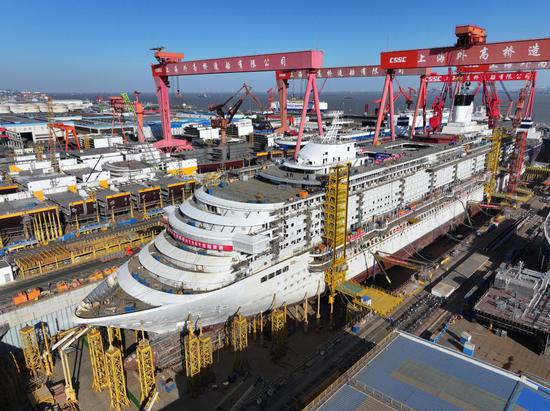

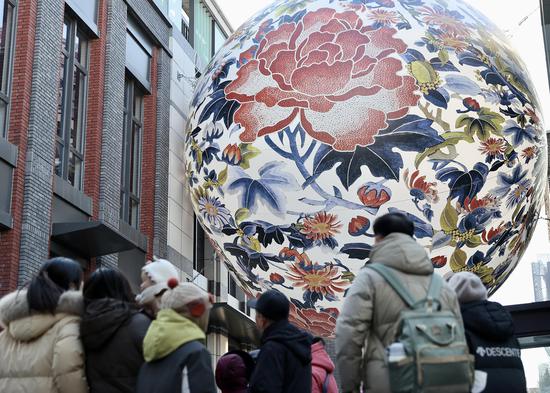

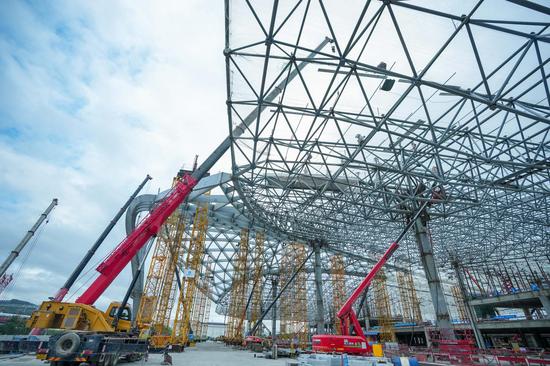





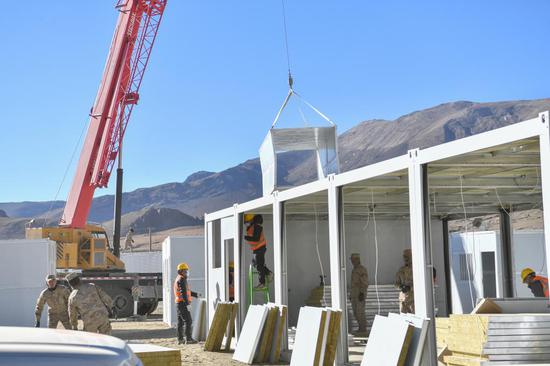


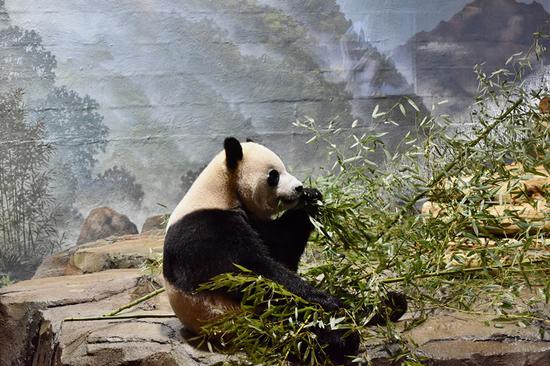







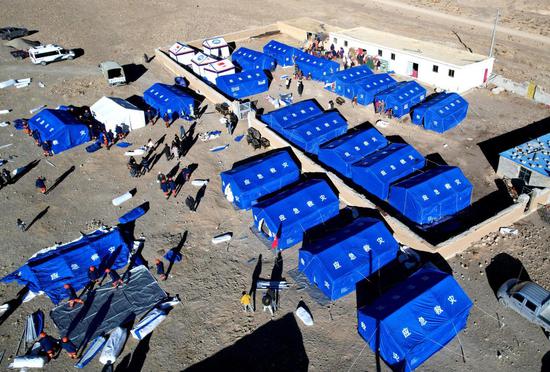


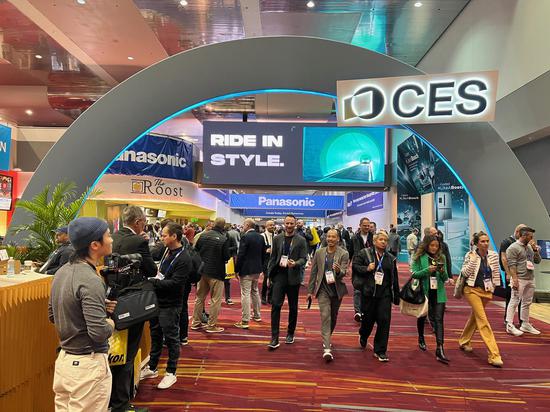

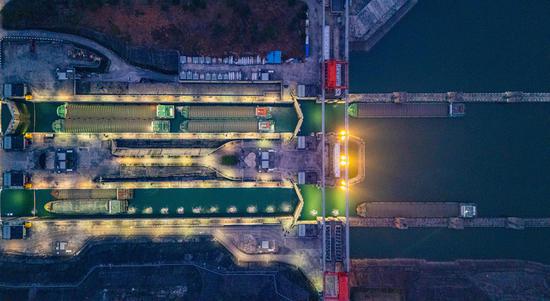

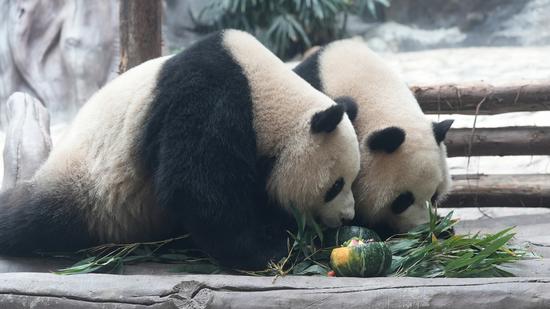

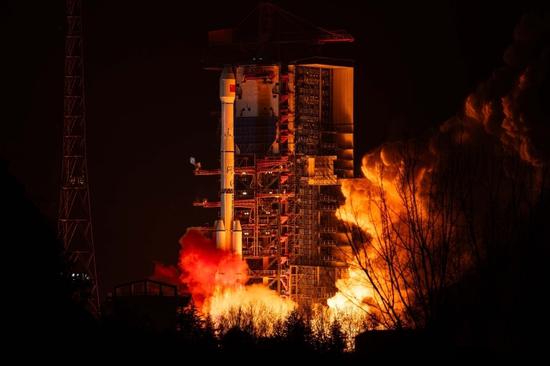
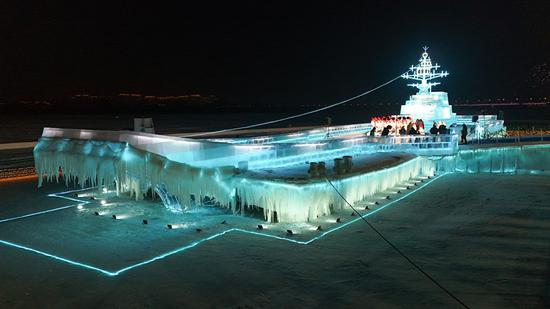
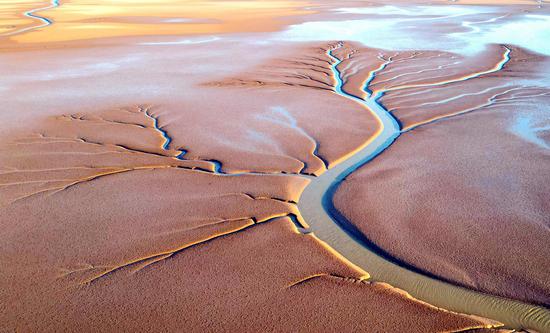
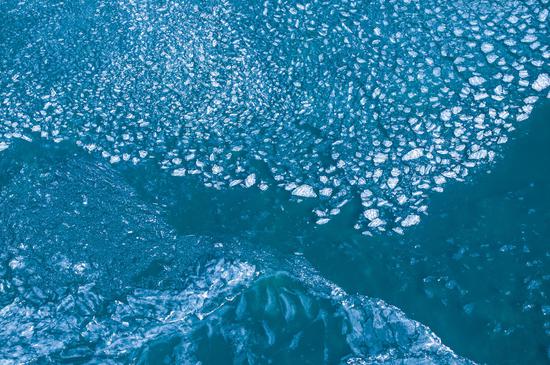
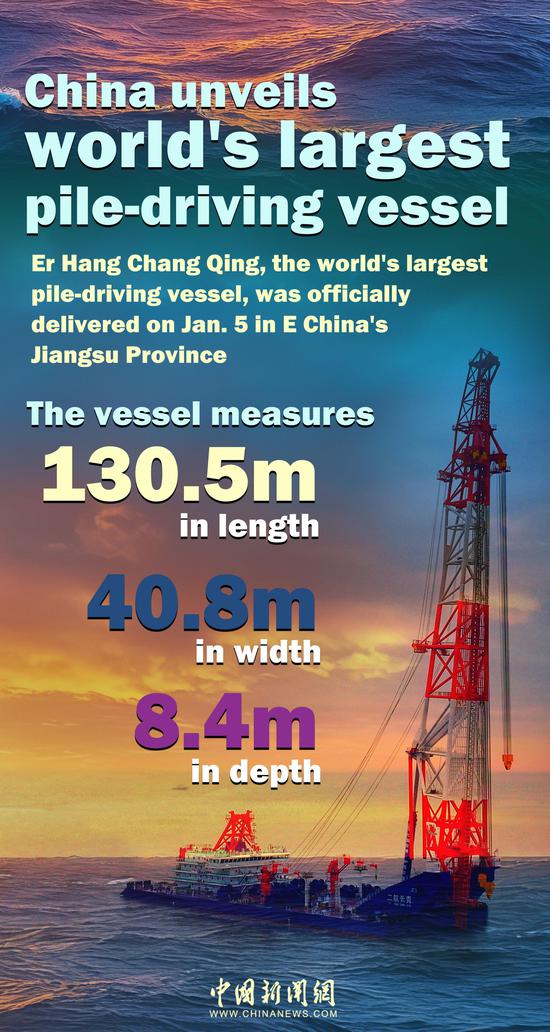







 京公網安備 11010202009201號
京公網安備 11010202009201號